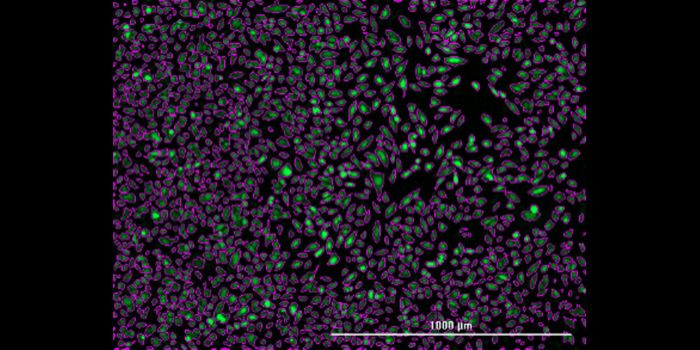The most diverse genetic analysis of prostate cancer to date
Racial health disparities are glaringly obvious in the case of prostate cancer where the risk level is roughly 75% higher and the disease is more than twice as deadly in Black people compared to white people. Nevertheless, research studies often have an overrepresentation of white participants, meaning there are often gaps in data that ultimately act as obstacles for change-making processes.
That’s where a new study published in Nature Genetics from scientists at the USC Center for Genetic Epidemiology and the Institute for Cancer Research, London, enters the stage. The study comprises the largest, most diverse genetic analysis for prostate cancer to date, composed of data from over 200,000 men of European, African, Asian, and Hispanic ancestry.
"Our long-term objective is to develop a genetic risk score that can be used to determine a man's risk of developing prostate cancer," said corresponding author Christopher Haiman, ScD, who is both a professor of preventive medicine at the Keck School of Medicine of USC and director of the USC Center for Genetic Epidemiology. "Men at higher risk may benefit from earlier and more frequent screening, so the disease can be identified when it's more treatable."
Most significantly, the study contributed 86 previously unidentified genetic variations that increase risk for prostate cancer. Modeling the genetic risks revealed that men of African ancestry inherit roughly twice the prostate cancer risk on average compared to men of European ancestry, while men of Asian ancestry inherit about three-quarters the risk held by European descendants.

This information has the potential to improve health equity and address concerns of healthcare disparities. It also opens up the door to using precision medicine for early detection and screening for prostate cancer.
"We not only found new markers of risk, but also demonstrated that, by combining genetic information across populations, we were able to identify a risk profile that can be applied across populations," said Haiman. "This emphasizes the value of adding multiple racial and ethnic populations into genetic studies.” Haiman hopes to carry out a large-scale clinical trial in order to put the team’s findings into practice. "Most important, unlike previous screening trials, this one would need to be more representative of the diversity we see in the world," Haiman concluded. "No population should get left behind."
Sources: Nature Genetics, Eureka Alert








